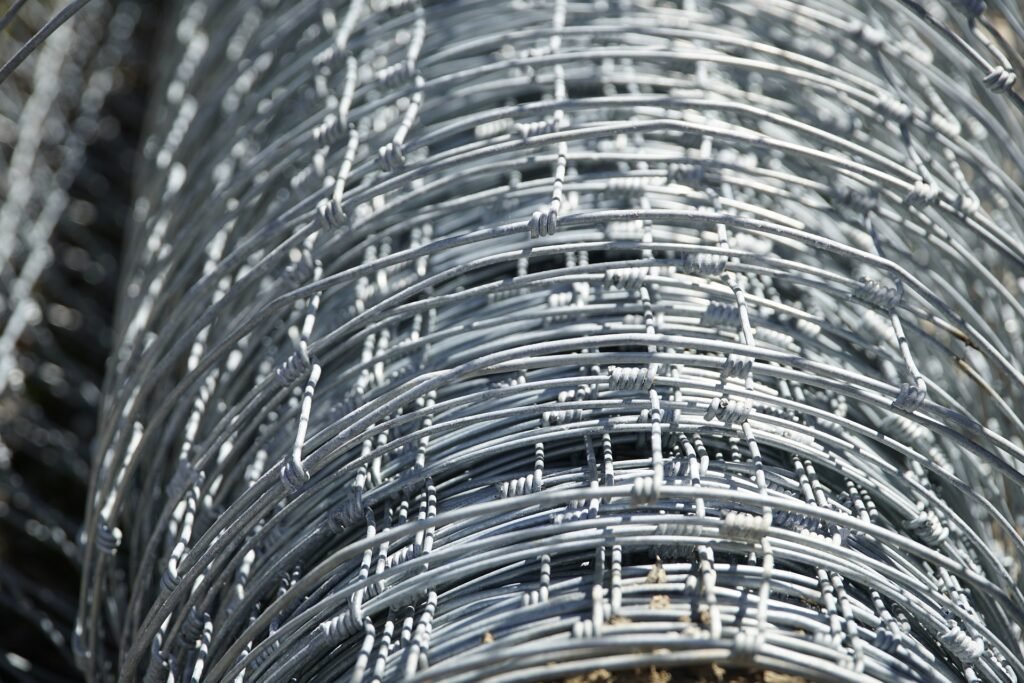Zinc alloy is an essential material in various industries due to its unique combination of properties and benefits. Formed by blending zinc with other metals, such as aluminum or copper, zinc alloys offer superior characteristics that differentiate them from their pure components. In this comprehensive guide, we will explore the properties, advantages, and applications of zinc alloys, as well as a comparison with stainless steel, providing a complete understanding of this versatile material.
What is Zinc Alloy?
A zinc alloy is a combination of zinc with at least one other metal. Common pairings include:
- Zinc and Aluminum: Often used in die casting, providing excellent fluidity and corrosion resistance.
- Zinc and Copper: Enhances strength and hardness, commonly utilized in engineering applications.
The resulting mixture possesses distinct properties that make it suitable for a range of applications, including improved strength, lighter weight, and enhanced corrosion resistance compared to pure zinc.
Properties of Zinc Alloys
Zinc alloys are renowned for their unique properties, which include:
1. High Melting Point
Zinc alloys have relatively high melting points, typically between 380°C to 420°C (716°F to 788°F), depending on the specific alloy composition. This quality makes them suitable for high-temperature applications.
2. Corrosion Resistance
Zinc alloys exhibit excellent corrosion resistance, which is crucial in various environments, especially in outdoor and marine applications. The zinc component forms a protective layer that prevents further corrosion of the underlying metal.
3. Strength-to-Weight Ratio
Zinc alloys are lightweight yet strong, boasting a superior strength-to-weight ratio compared to many other materials. This makes them ideal for applications where minimizing weight is critical, such as in automotive and aerospace industries.
4. Cost-Effectiveness
Compared to other metals like aluminum and stainless steel, zinc alloys are relatively low-cost. This affordability, combined with their desirable properties, makes them an attractive option for manufacturers looking to optimize production costs.
5. Non-Magnetic Properties
Zinc alloys are non-magnetic, making them suitable for use in environments where magnetic interference could be problematic, such as in medical devices and computer equipment.

Benefits of Using Zinc Alloys
The advantages of zinc alloys extend beyond their basic properties:
- Design Flexibility: The malleability and ductility of zinc alloys allow for intricate designs and weight optimization in product development.
- Recyclability: Zinc alloys are highly recyclable, which contributes to sustainability efforts in manufacturing.
- Casting Ease: Zinc alloys can be easily cast into complex shapes, making them ideal for mass production.
Applications of Zinc Alloys
Zinc alloys are utilized across a variety of industries, including:
1. Automotive Industry
In the automotive sector, zinc alloys are used for die-casting parts such as engine components, transmission cases, and structural supports. Their lightweight and corrosion-resistant nature contributes to improved fuel efficiency and longevity of vehicles.
2. Aerospace Industry
Zinc alloys find applications in aerospace components where strength and weight are critical. Their non-magnetic properties also make them suitable for specific avionics applications.
3. Electrical and Electronics
Due to their non-magnetic characteristics, zinc alloys are commonly used in electrical components, connectors, and housings, minimizing interference with electronic signals.
4. Construction
In construction, zinc alloys are utilized for architectural elements, such as window frames, roofing, and decorative fixtures, thanks to their durability and aesthetic appeal.
5. Consumer Goods
Many everyday items, including household appliances, tools, and decorative items, are manufactured using zinc alloys. Their cost-effectiveness and versatility make them ideal for mass production.
Zinc Alloys vs. Stainless Steel
When considering materials for a specific application, the choice between zinc alloys and stainless steel often arises. Here’s a breakdown of the differences:
Strength and Durability
- Zinc Alloys: While zinc alloys offer good strength, particularly in shear strength, they may not match the tensile strength of stainless steel.
- Stainless Steel: Known for its exceptional strength and durability, stainless steel is often preferred for high-stress applications.
Corrosion Resistance
- Zinc Alloys: Provide excellent corrosion resistance, especially in outdoor environments.
- Stainless Steel: Also resistant to corrosion but may require protective coatings in harsh environments.
Cost
- Zinc Alloys: Generally more affordable, making them an attractive option for manufacturers.
- Stainless Steel: Higher initial costs due to material properties and manufacturing processes.
Applications
The choice between zinc alloys and stainless steel largely depends on the specific needs of the application, including cost constraints, strength requirements, and environmental factors. Consulting with metal experts can help engineering teams make informed decisions tailored to their manufacturing needs.
Conclusion
Zinc alloys are a remarkable class of materials that offer a unique combination of properties, including high corrosion resistance, a superior strength-to-weight ratio, and cost-effectiveness. Their versatility allows for widespread use in various industries, from automotive to aerospace, making them indispensable in modern manufacturing.
As industries continue to evolve, understanding the properties and benefits of zinc alloys will be crucial for engineers and designers. By carefully considering the specific requirements of applications and comparing zinc alloys with alternatives like stainless steel, manufacturers can make informed choices that enhance product performance and efficiency. Whether for structural components, consumer goods, or high-tech applications, zinc alloys are a valuable resource that contributes to innovation and sustainability in metalworking.
FAQs About Zinc Alloy
1. What is zinc alloy?
Zinc alloy is a combination of zinc with one or more other metals, such as aluminum or copper. This mixture enhances properties like strength, corrosion resistance, and malleability compared to pure zinc.
2. What are the main properties of zinc alloys?
Zinc alloys are known for their high melting point, excellent corrosion resistance, superior strength-to-weight ratio, cost-effectiveness, and non-magnetic properties, making them suitable for various applications.
3. What are the common types of zinc alloys?
Common types include:
- Zinc-Aluminum Alloys: Often used in die casting.
- Zinc-Copper Alloys: Known for enhanced strength and hardness.
- Zinc-Magnesium Alloys: Used for specific structural applications.
4. How do zinc alloys compare to stainless steel?
Zinc alloys are generally lighter and more cost-effective, while stainless steel offers superior tensile strength and durability. The choice between the two depends on the specific requirements of the application.
5. What are the benefits of using zinc alloys?
Benefits include:
- Lightweight yet strong
- Excellent corrosion resistance
- Cost-effective compared to other metals
- Easy to cast into complex shapes
- Recyclable, contributing to sustainability




